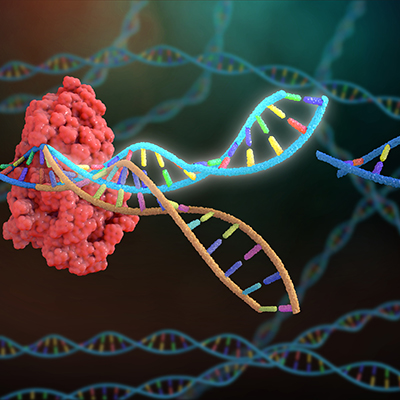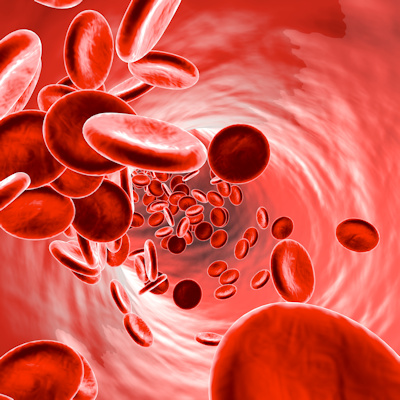May 19, 2023 -- Revvity this week announced a nonexclusive license agreement with AstraZeneca for the technology underlying a next-generation modular gene editing platform.
Compared to traditional CRISPR technologies, which create double-stranded breaks in DNA, this editing system uses a modified Cas enzyme that only nicks one strand of the DNA, Revvity said, noting that this allows for a more controlled approach to gene disruption and base correction.
Until recently part of PerkinElmer, Revvity designed the platform, its Pin-point system, along with the underlying base editing technology to enable efficient and precise single and multiplex, or multi-gene, editing without unintended impact on cell viability or functionality.
"Our fundamental goal for the Pin-point platform is to translate the technology from preclinical research into the clinic, and ultimately, impact patient lives," Dr. Alan Fletcher, senior vice president of life sciences at Revvity, said in a statement. The firm inked the agreement with AstraZeneca "to support their creation of cell therapies for the treatment of cancer and immune-mediated diseases," he said.
The Pin-point system differs from many other base editing systems, according to Revvity; it is modular, allowing different components to be selected for optimal performance specific to the gene targets.
Base editing has been demonstrated in T cells and induced pluripotent stem cells (iPSCs) using the Pin-point system, showing that the technology has potential across a range of cell types and therapeutic indications, the firm said.
Revvity has also developed a method to leverage the base editing mechanism to insert genes, such as to create an allogeneic CAR-T cell therapy by knocking in a chimeric antigen receptor (CAR) while knocking out immune markers simultaneously.
The firm was officially launched as a life sciences and diagnostics firm earlier this month. It began trading under the symbol RVTY on the New York Stock Exchange this week.
Financial and other terms of the license agreement with AstraZeneca were not disclosed.
Copyright © 2023 scienceboard.net










